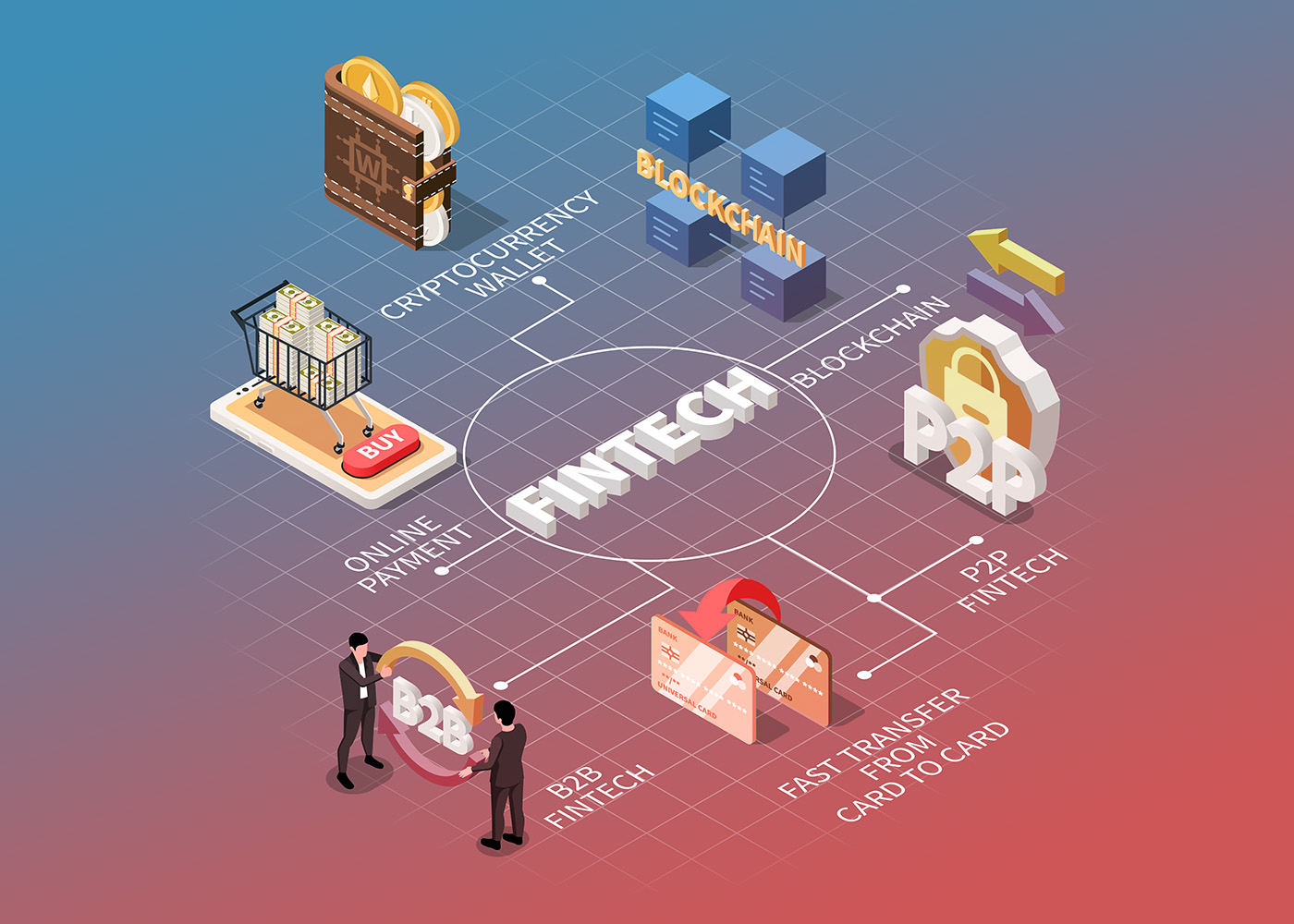For those businesses in the fintech industry that require additional hosting capacity and security, there is much to consider when deciding between server choices. While reliable hosting services are certainly helpful, there’s nothing like having your own servers for the fintech industry and ensuring data safety for customers. Whether it be cloud-hosted or dedicated options, this blog post will explore many of the different types of servers available and the benefits they offer to meet your needs as an organization working within fintech.
Servers for the Fintech Industry: Why Are They So Important?
Servers play a crucial role in the fintech industry, which is the intersection between finance and technology. Here are some reasons why servers are so important for fintech:
- Large Volumes of Data: Fintech companies deal with a large volume of financial data, including customer information, transaction data, and market data. Servers are essential for storing, processing, and analyzing this data quickly and efficiently.
- Data Security: Security is a critical concern in the fintech industry, as financial data is highly sensitive and valuable. Servers are used to store data securely and to implement encryption and other security measures to protect it from cyber threats.
- High Availability: Fintech applications and services must be available around the clock, as customers may need to access them anytime. Servers are essential for ensuring high availability by providing redundancy and failover capabilities that minimize downtime.
- Real-Time Processing: Many fintech services require real-time processing to provide customers with fast, accurate, and up-to-date information about their accounts and transactions. Servers are essential for enabling real-time processing by providing high-speed data processing and storage capabilities.
- Scalable: Fintech companies need to be able to scale their operations quickly and efficiently to meet changing customer demands. Servers are essential for supporting scalability by providing the processing power and storage capacity needed to handle increased volumes of data and transactions.
Types of Servers for the Fintech Industry:
Many different types of servers are used in the fintech industry, depending on the company’s specific needs. Here are some examples:
Cloud Servers:
Cloud servers are becoming increasingly popular in fintech due to their scalability, flexibility, and cost-effectiveness. Cloud servers can be used for data storage, application hosting, and real-time processing. Some popular servers for the fintech industry are Amazon Web Services, Google Cloud Platform, and Microsoft Azure.
Database Servers:
Database servers are used to store and manage large volumes of financial data, including customer information, transaction data, and market data. These servers are optimized for high-speed data processing and storage. Some examples are Oracle Database, Microsoft SQL Server, and MySQL.

Payment Processing Servers:
Payment processing servers are used to process financial transactions, including credit card transactions, bank transfers, and cryptocurrency transactions. These servers must be highly secure and reliable to protect sensitive financial data. Stripe and PayPal can be given as examples of payment processing servers for the fintech industry.
Trading Servers:
Trading servers are used by financial institutions to execute trades in real time. These servers must be able to handle high volumes of data and provide low-latency trading capabilities. Bloomberg Professional, Thomson Reuters Eikon, and Trading Technologies are some examples.
Analytics Servers:
Analytics servers are used to analyze financial data and provide insights into market trends, customer behavior, and investment opportunities. These servers use advanced algorithms and machine-learning techniques to process large volumes of data and provide accurate predictions. Some examples are Apache Hadoop, IBM Watson Analytics, and Microsoft Power BI.
Let’s Sum It Up
In conclusion, there are various servers for the fintech industry to provide optimal security and performance. Determining ideal specifications for your purposes and budgets is essential before investing in any server. Beyond the usual factors, such as physical location and file protection, security options can also be a part of the decision-making process. Whether you go with a cloud-based or on-premises solution, top-notch servers are available that feature redundancy strategies and come with 24/7 remote support plans. Being knowledgeable about your requirements and researching different solutions can help you make an educated decision about which server works best for you and your fintech business needs.













